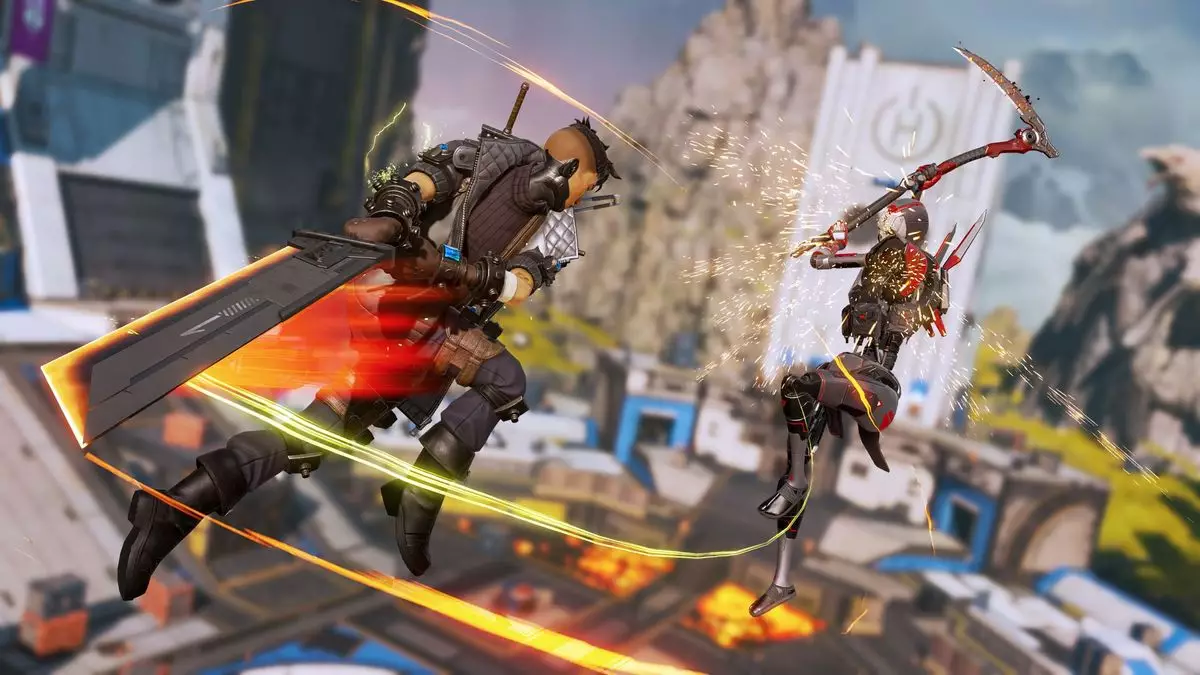In the rapidly evolving world of video games, the phenomenon of live service titles has revolutionized how developers engage with players. Franchises such as Apex Legends have pivoted from traditional sequel models to a more sustained approach, reflecting an industry-wide preference for continuous enhancements over launching entirely new iterations. This shift is commendable as it retains established player bases and avoids alienating those who have invested time and resources into the existing game.
Recent statements by EA CEO Andrew Wilson highlight a clear directive against the development of Apex Legends 2. During an investor call, Wilson communicated that creating a sequel could force players to abandon their hard-earned progress, a scenario they wish to avoid. By prioritizing the value of existing investments, EA affirms their position on fostering a unified community rather than segregating their audience with an entirely new product. This decision is especially important in the context of their recent experiences with games like Overwatch 2, which, despite hype and anticipation, faced mixed reviews regarding its execution.
Wilson’s remarks resonate with the voices of many gamers who have grown wary of reboots masquerading as sequels. Titles such as Counter-Strike 2 and Smite 2 illustrate how these updates can sometimes lead to confusion and dissatisfaction rather than revitalization. By contrast, Apex Legends has all the potential it needs to thrive under an iterative model. Respawn Entertainment, the developer behind Apex, seems poised to focus on incremental updates, thus maintaining continual engagement without the significant departure that often accompanies sequels.
Respawn’s consideration of overhauling its seasonal strategy serves as a vital reminder of the power of player feedback in shaping game development. A recent attempt to alter the structure of seasons was met with intense backlash, leading to the retraction of proposed changes. This episode underscores the importance of balancing innovation with community sentiment, demonstrating that while developers strive to evolve the gaming experience, staying attuned to player needs is paramount for success.
Rather than pursuing a sequel, the focus for Apex Legends will likely remain on enhancing the current framework through seasonal innovations. This commitment strengthens the community-driven aspect of the game, ensuring that players feel valued and heard. EA’s strategic decision to avoid sequels reflects a broader understanding that retaining a dedicated player base requires nurturing the ecosystem players have invested in rather than forcing them into a waiting game for “what’s next.”
Apex Legends stands as a testament to the viability of the live service model that emphasizes continuous improvement and community engagement over the allure of a sequel. As EA and Respawn chart their path forward, players can anticipate an evolving landscape crafted with their investments and experiences in mind.


Leave a Reply